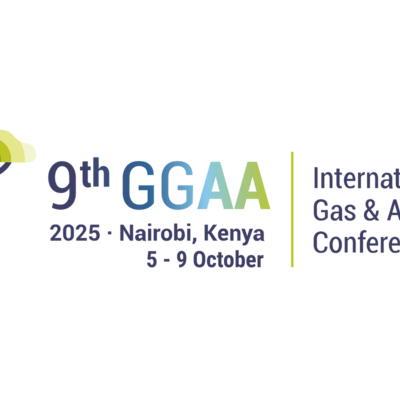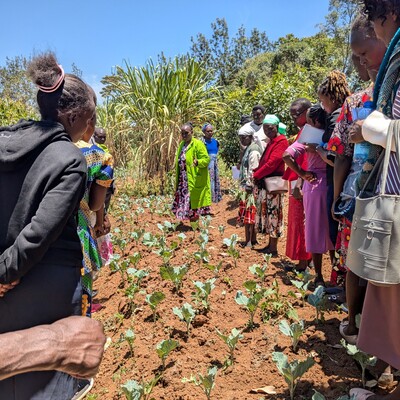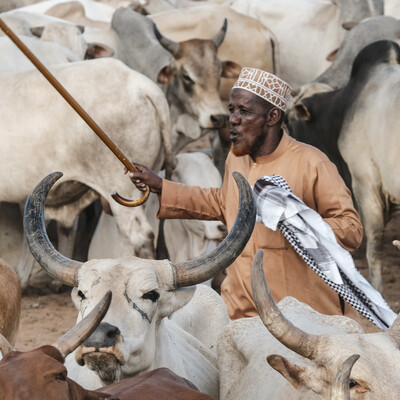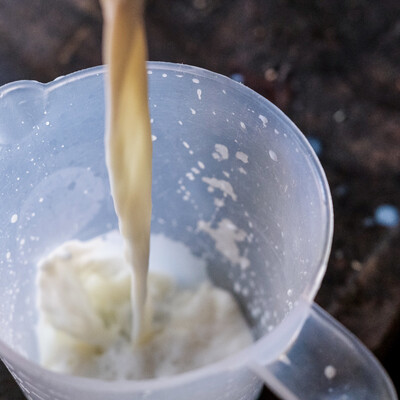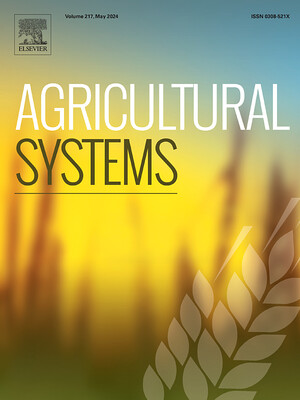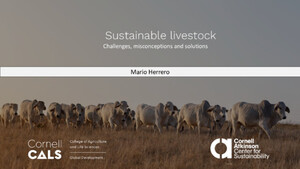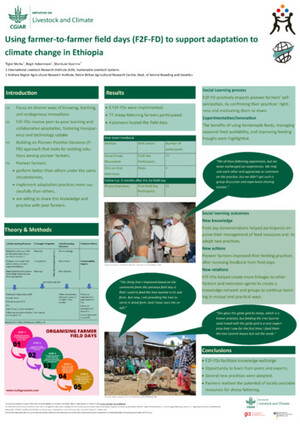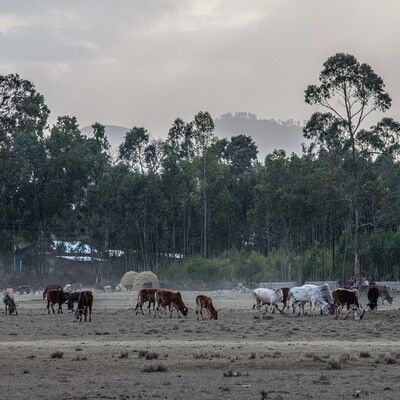
Climate change communication and social learning – documenting the evidence
Since late 2011, ILRI has been working closely with the CGIAR Research Program on Climate Change Agriculture and Food Security (CCAFS) and a host of other organizations and individuals on ‘climate change, communication and social learning’ (CCSL). What started off with a meeting of minds in May 2012 has turned into a series of events, activities – particularly centred around the CCSL ‘sandbox’ – and more recently publications.
To date, nine official publications from this ‘CCSL series’ have been published and put together in a dedicated collection on CGSpace. The latest of these publications has just been released and addresses social learning in practice – and it was introduced on the CCAFS blog.
This is thus a good moment to take stock of the nine CCSL documents so far:
Working papers
- CCAFS working paper 22 ‘Climate change, communication and social learning – Review and strategy development for CCAFS‘ scoped the field of social learning in development (research) and provided a typology of these approaches. It was a key input to the original CCSL workshop of May 2012.
- CCAFS working paper 37 ”A new relevance and better prospects for wider uptake of social learning within CGIAR – Findings from a stocktaking exercise within CGIAR‘ is a vast stock-taking exercise of past and current social learning experiences across CGIAR. The paper also highlights some propositions to move forward with this field of work.
- CCAFS working paper 38 ‘Social learning in practice: A review of lessons, impacts and tools for climate change‘ aims to provide a detailed review of documented social learning processes for climate change and natural resource management as described in peer-reviewed literature. Particular focus is on identifying (1) lessons and principles, (2) tools and approaches, (3) evaluation of social learning, as well as (4) concrete examples of impacts that social learning has contributed to.
- CCAFS working paper 43 ‘Catalysing learning for development and climate change: an exploration of social learning and social differentiation‘ investigates the synergies (and trade-offs) associated with integrating socially differentiated stakeholders and/or groups – the poor, women, elderly, youth and indigenous – into social learning processes aimed at addressing poverty reduction, livelihood development and longer term resilience.
Booklets and other print resources in the collection
- Short synthesis paper ‘5 key institutional change areas for adopting a social learning methodology with CCAFS and the CGIAR system: a synthesis paper‘ summarizes the work done around the five priority areas identified in the foundational workshop: documentation, social learning within CCAFS, endogenous social learning, social differentiation and time scales;
- The brochure ‘Unlocking the potential of social learning for climate change and food security: Wicked problems and non-traditional solutions‘ is a shortcut to compile main ideas, definitions, examples around CCSL to crystallise that work and introduce CCAFS approach in this field;
- The learning brief ‘Climate change and social learning (CCSL): supporting local decision making for climate change, agriculture and food security‘ examines the rationale for social learning in climate change, explores the cost effectiveness of social learning and ends with priorities for CCAFS in this field. It is meant as the first of a series of shorter learning briefs.
- A pathway to change was a brief insert in the journal ‘Farming Matters‘ positioning the CCSL conversation in the context of smallholder agriculture.
Other materials
This whiteboard video was introduced at the 2013 CCAFS Science Meeting, showcases the potential for social learning in dealing with wicked problems such as climate change and chronic poverty.
Other resources mentioned on the sandbox wiki point to other CCSL outputs as well as other resources that could help anyone working on social learning in climate change, agriculture and/or food security.
This Youtube playlist brings together several interviews around the original May 2012 workshop.





